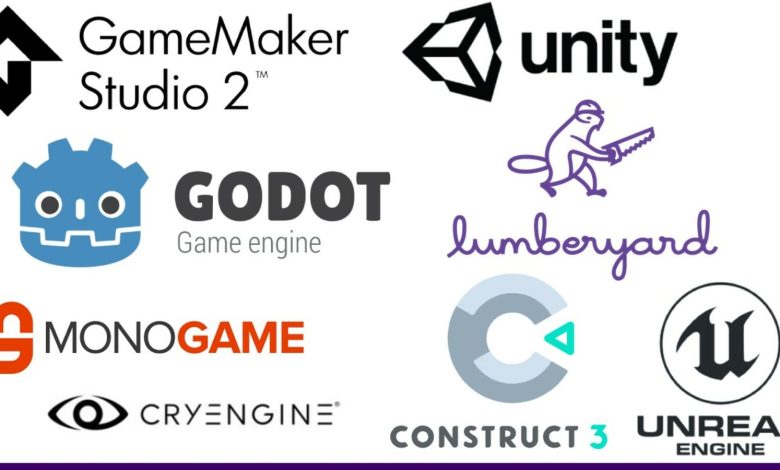
Games are a significant part of our lives today. Even if you don’t play games, your coworkers, friends, and family likely have games on their mobile devices or gaming consoles as a fun pastime, frequently generating hundreds of hours of entertainment. As a cell is the fundamental building block of life, the game engine is the equivalent in the gaming world. Game designers and developers use these frameworks to create games for computers, mobile devices, and consoles, like unity, unreal engine etc. After considering your game’s concept, you will likely consider how much it will cost to implement. Before choosing unity and an unreal engine game development company, several factors must be considered.
Elements of the Game Engine
A Game Engine is created to develop games like any other integrated development environment (IDE) for any programming language. The game engine’s components are constructed and integrated to support the game development objective.
Input
A game is worthless if it cannot be played, so the game engine supports various input devices, such as a mouse, gamepad, touch, and devices such as a gamepad, joysticks, etc. There are numerous methods for handling input, with events and polling being the most common. The computer captures input events (such as a right mouse click or pressing the up arrow key) and executes your custom code based on the input received. Polling is used to obtain position values, such as the mouse pointer’s coordinates (x,y) or the tilt angle of the game stick or smartphone used to play the game.
Graphics
Graphics determine the outcome of a game. 3D graphics are created using 3D assets, developed and designed in external 3D rendering applications such as Maya and Blender and then imported into the game engine. A quality game engine must therefore support multiple import formats.
The game engine offers lighting effects, shadows, bump maps, blending animation, etc., to make imported assets realistic.
Physics
The game engine contains a subcomponent known as the Physics Engine. Physics engines are software that enables reasonably accurate simulations of the majority of real-world physical systems, such as rigid body movement (which we will simulate using Unity 3D in a later chapter), soft body mass and velocity change, fluid dynamics, and so on. These complex engines, integrated into the newest game engines, are primarily used in video games (typically as middleware) that require real-time and real life simulation. The game’s physics engine handles gravity, collision detection, rotation and revolution, object speed, and similar applications.
Artificial Intelligence
Today, Artificial Intelligence plays a significant role in the development of video games. Using specialised software embedded in the games, it is possible to determine the type of weapons the player will employ based on the situation or to record the player’s behaviour and perform actions accordingly. AI is typically implemented in video games through pre-written scripts designed and written by AI-specialized software engineers. Rather than writing complex code, our character’s reactions to hitting a wall, seeing an animal, etc., can be easily implemented by constructing a tree of behaviour nodes.
Sound
Audio and Rendering Engines are sub-components of the Game engine used to control sound effects and generate 3D animated graphics on your 2D display. They offer a software abstraction of the GPU using multi-rendering APIs such as Direct3D or OpenGL for video rendering and audio APIs including Open-AL, SDL audio, X-Audio 2, and Web Audio.
Networking
Since a decade ago, games have supported online multiplayer and social gaming, connecting your gaming experiences with your friends. You do not have to worry about TCP/UDP traffic, social API integrations, etc., because most gaming engines provide full support and scripts for such needs.
Also read: Shaping The Future Of Gaming With Unreal Engine 5 Game Development
Conclusion
Overall, committing to creating your game engine can be a very costly and time-consuming endeavor. It should only be undertaken by those pursuing a career in game engine writing or those interested in the field as a hobby.
People who want to concentrate on the actual creation of the game (such as game designers) and novices should not write their game engines. They should instead seek out a consolidated machine, such as the ones listed above.
As experts in the game development industry, we appreciate how challenging it can be to select the optimal game engine. Choosing the incorrect company for your needs could result in significant setbacks, so it is crucial to make the optimal decision immediately.



